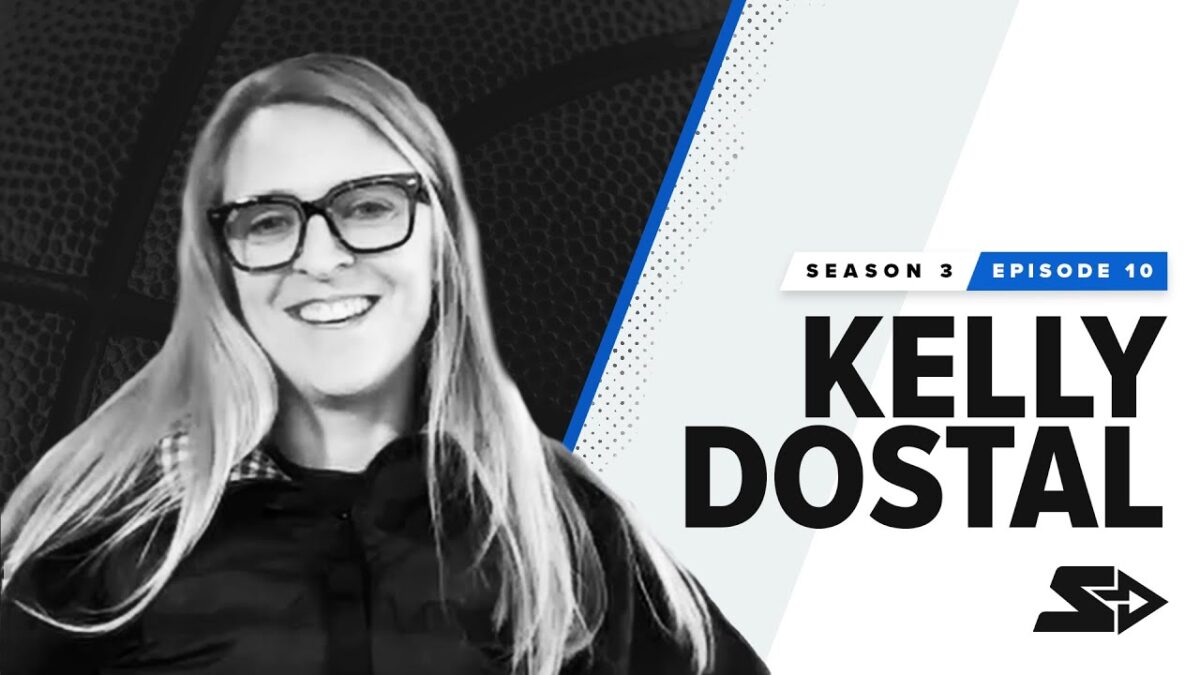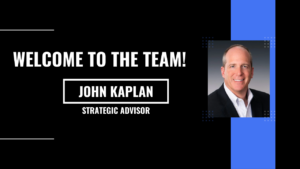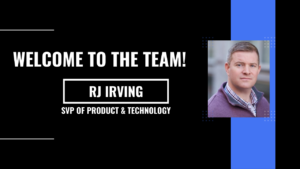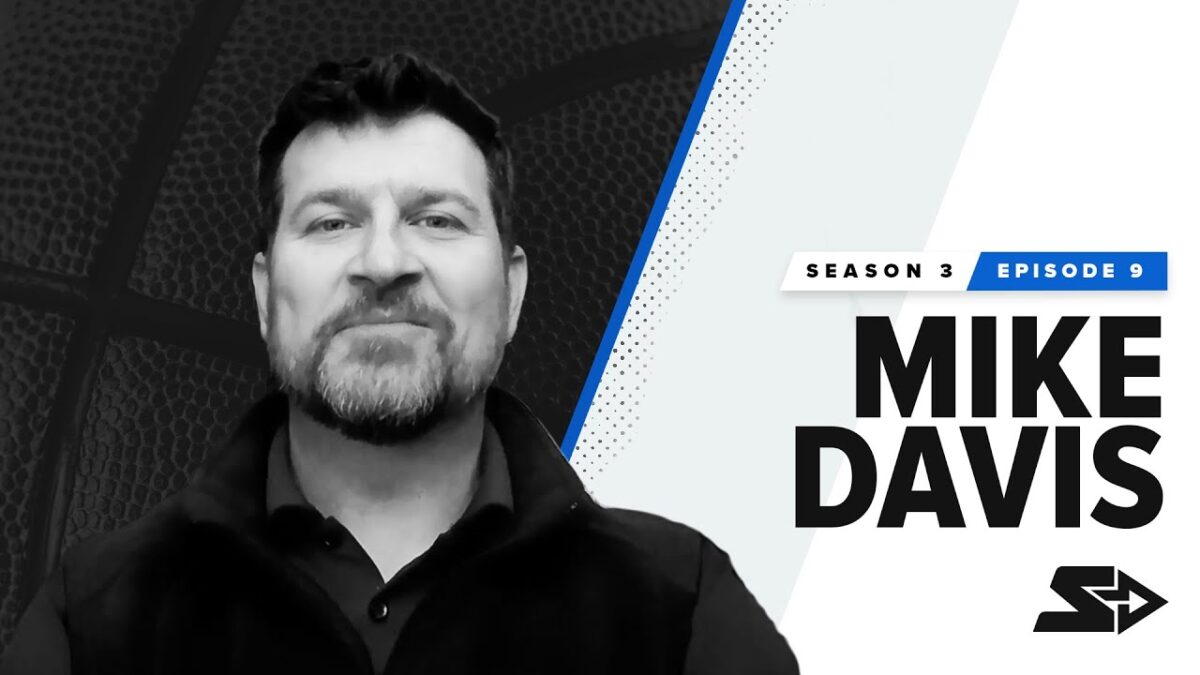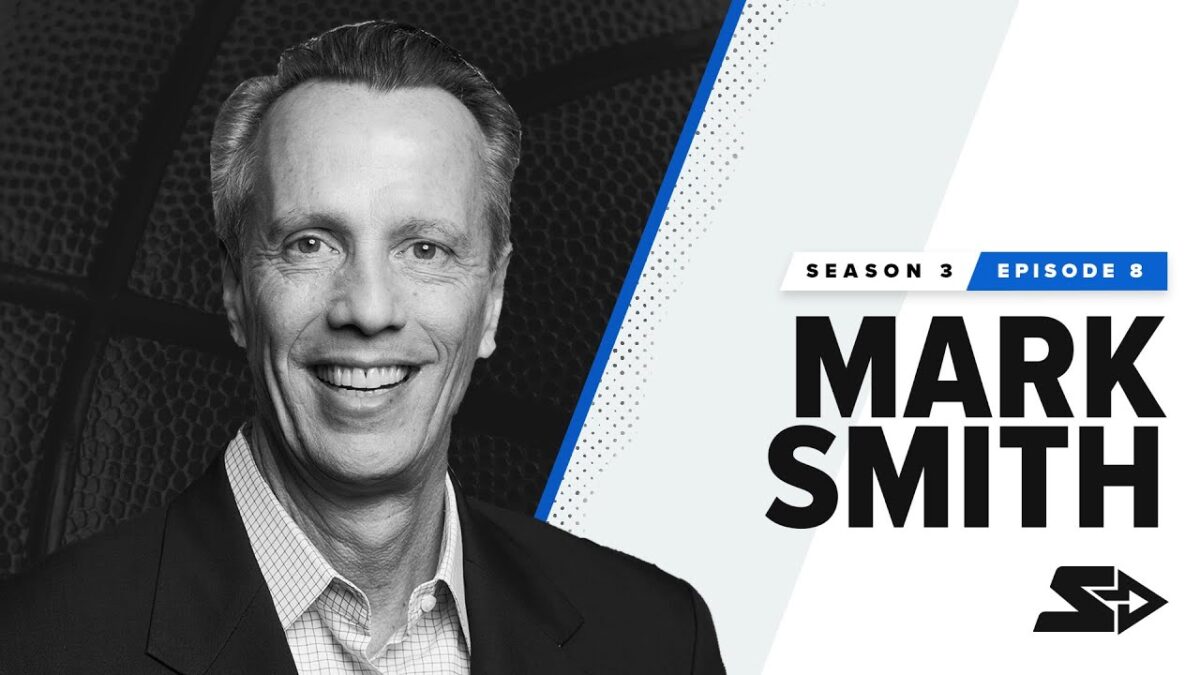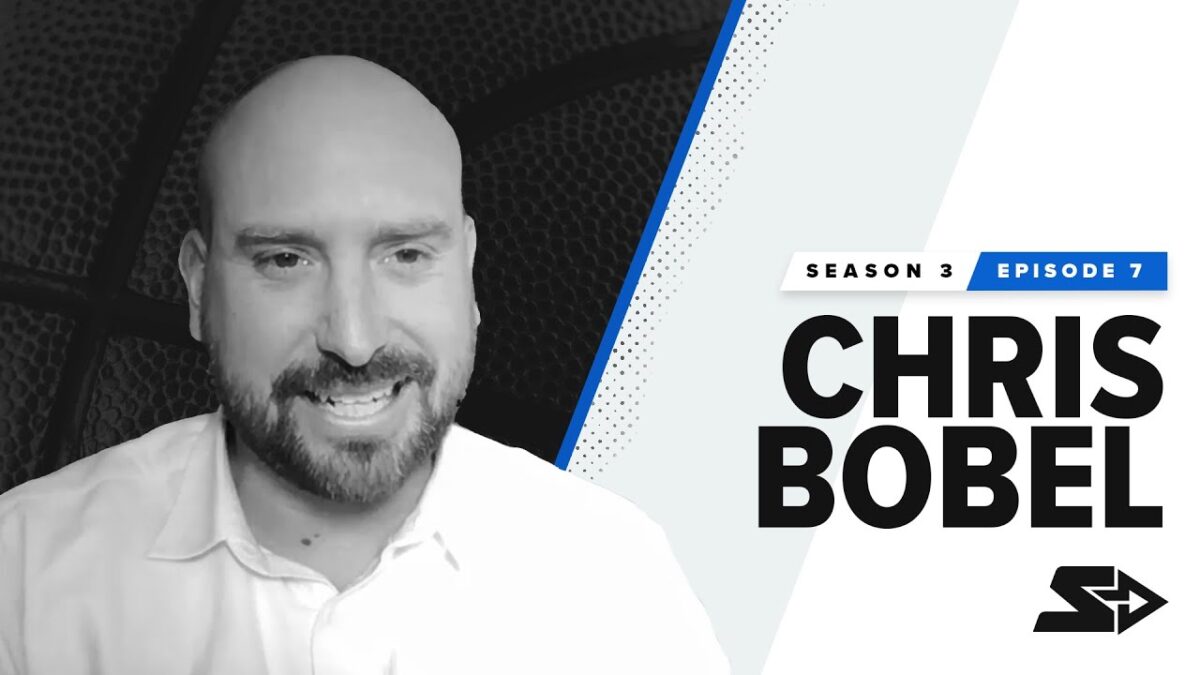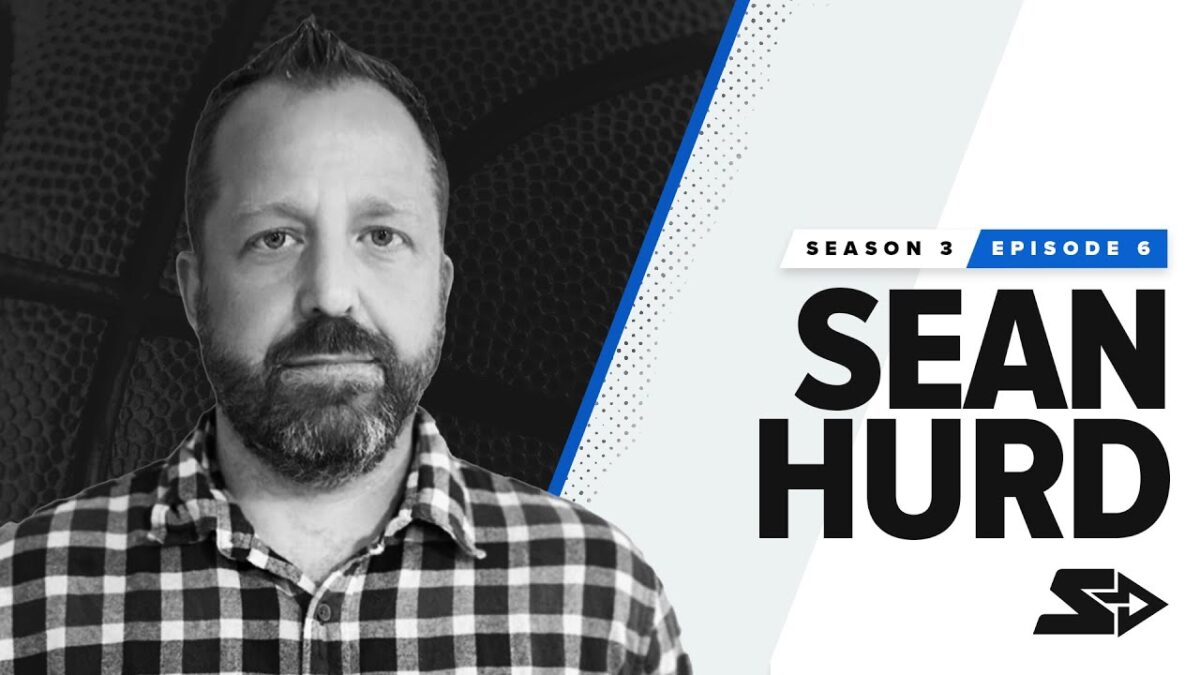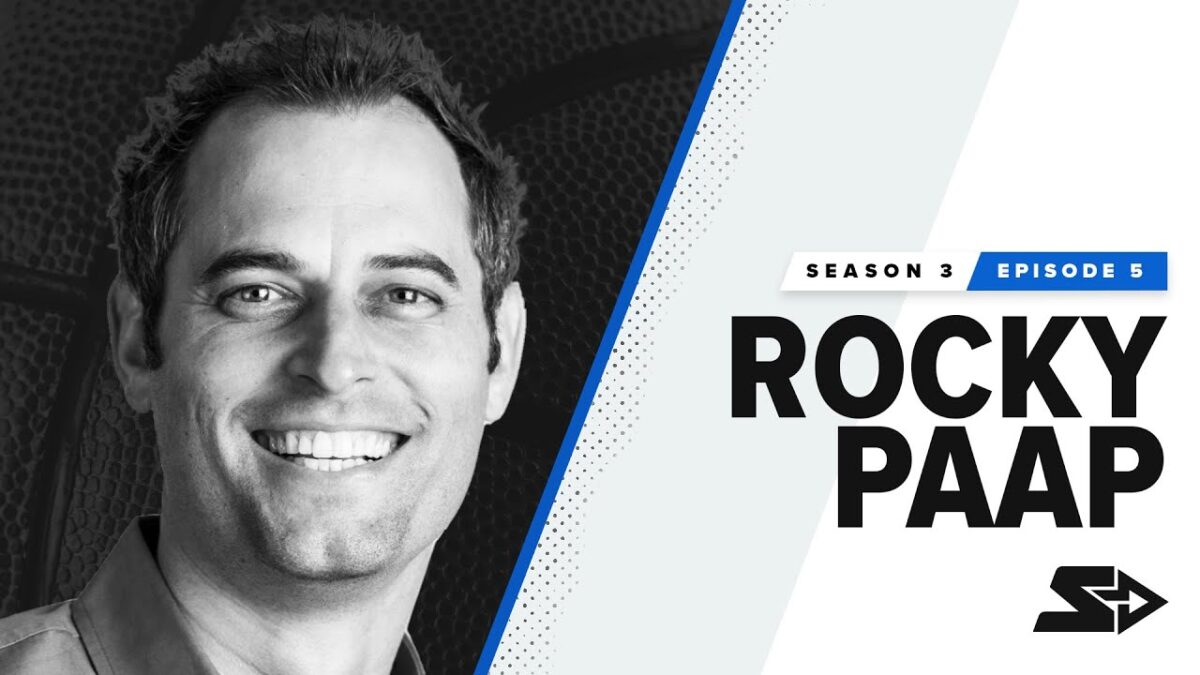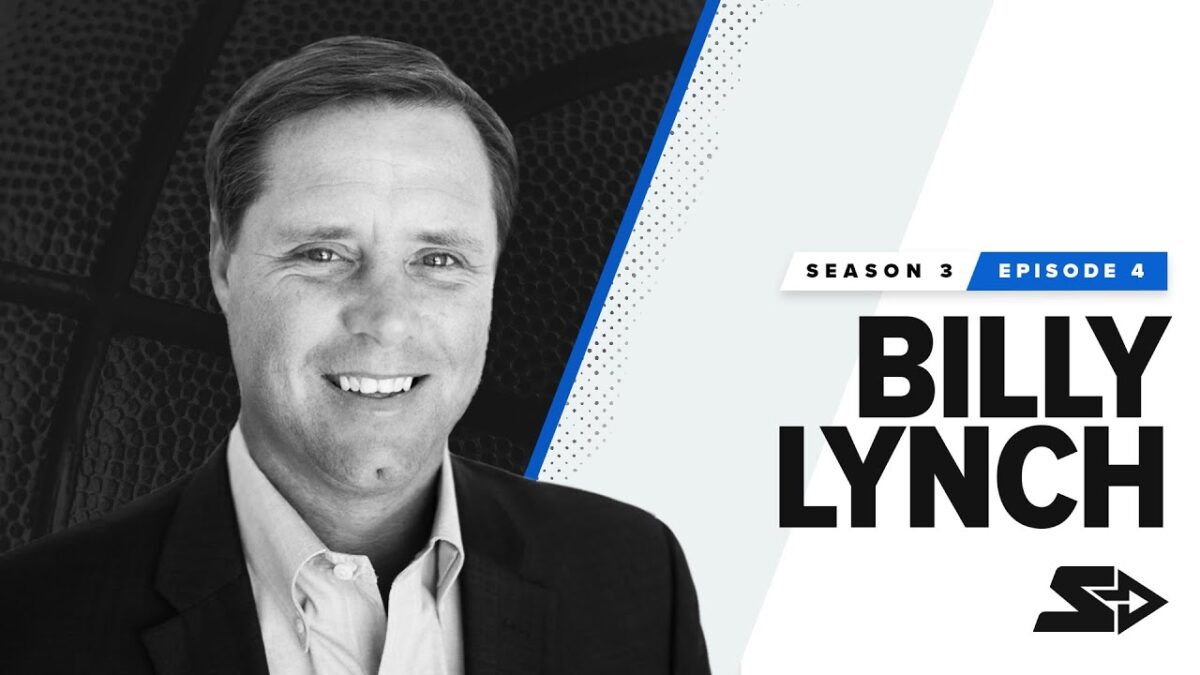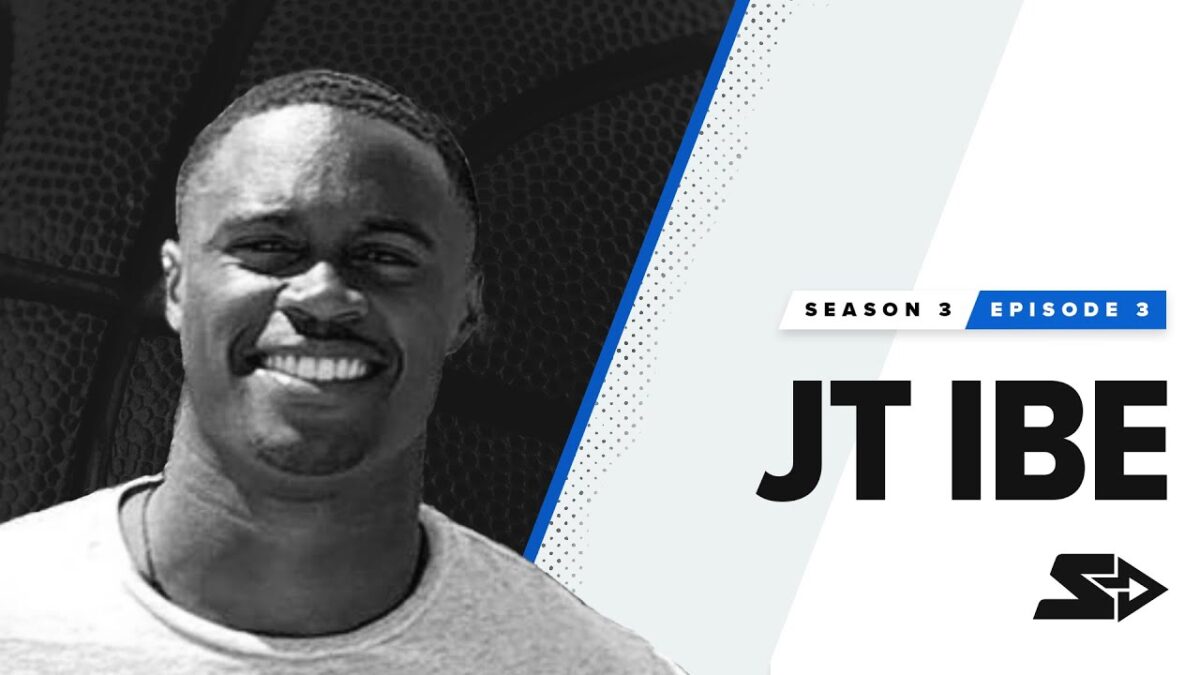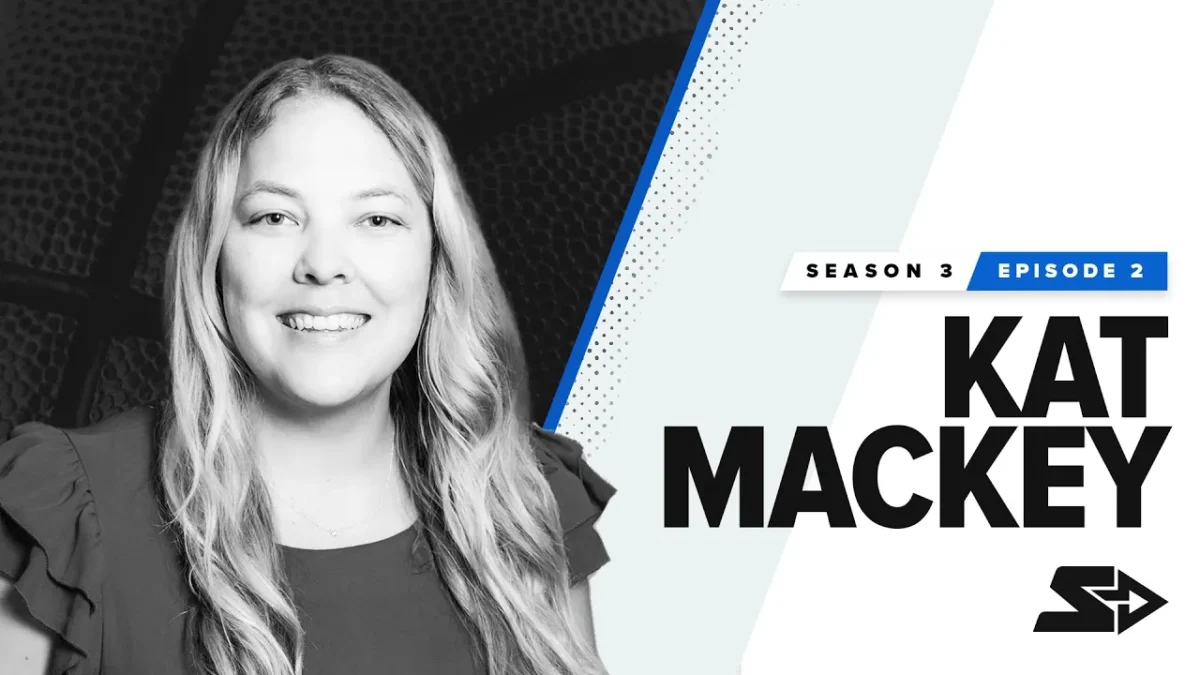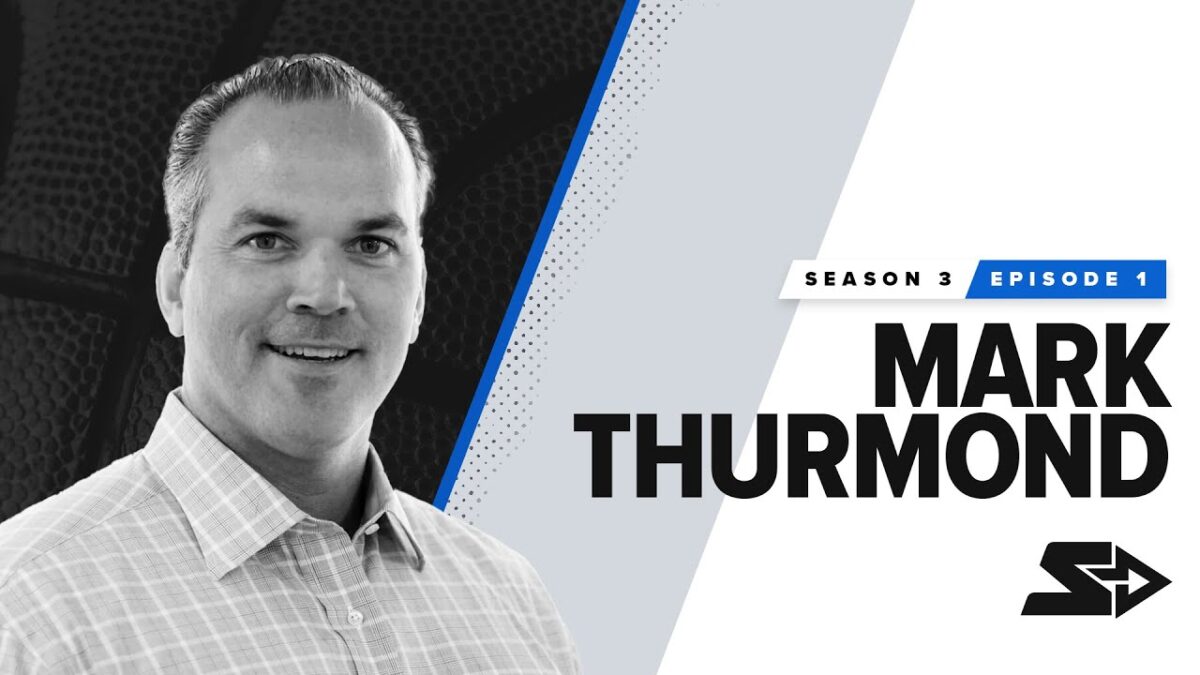Start strong, finish strong. Repeat.
We closed out Season 2 of Merchants of Change on a high note in our final episode with Zoltan Mesko (if you missed it, check it out). That conversation set the bar exceptionally high for Season 3…as an athlete, you know what a huge challenge it is to keep grinding and to keep the momentum going, and especially so when it might be easy to sit back and coast a little.
While the struggle is real, we at Shift Group are up for the challenge and are starting Season 3 strong. In this episode we spend some time with Mark Thurmond, who played football at Hofstra before going on to an extremely impressive tech sales career leading to where he sits now, as a motivated and motivational leader and COO of Tenable, Inc., a company that helps organizations understand and reduce their cybersecurity risk. Read on for JR’s insights on the convo and listen to the pod for all the details!
If you’ve been listening to Merchants of Change for a while, I suspect some things have been jumping out at you. Maybe you’ve picked up some tips or seen a few patterns. Maybe you’ve sought our more detailed advice from a mentor. Maybe you read a book that was recommended. That’s all great stuff. It’s the same for me. This conversation with Mark cements a few important themes I’ve heard along the way, things I am sure I’ve touched on here before and I can promise you I will touch on again. It reminds me how important it is to keep actively listening—there’s always something new to be learned. Every time I hear something in someone else’s words, when I see the view from their perspective, it’s like I’m hearing and seeing something for the first time.
The Power of Perspective
Consider this. In 2021, there were just over 20.3 million college students in the United States. Of those 20.3 million people, only 2.4% of them (493,292) were student-athletes. If you played sports in college, make no mistake—you are part of a very small and disciplined group of individuals.
So don’t sell yourself short, especially if you weren’t “that great,” or even “horrible” (as Mark describes himself as a football player). If you’re dedicated enough to make it through a college-sports career—you have a unique experience and a unique toolset. Don’t for one second forget that as you face career choices and challenges. You have what it takes. The numbers don’t lie.
The Value of Self-Awareness
We joked about Mark being “horrible” at football, and we laughed when he said that if his former teammates were to describe him as a player, the first thing they would call him is “slow.” This discussion illuminated something in Mark that shines brightly—he is acutely self-aware. He uses words like “horrible” and “slow” in a self-deprecating and humble way. He may not have starred on the team, but he loved the game, a passion that fueled him to be a great teammate. And you can’t have a great team without great teammates. Mark tells me that his former teammates would likely describe him as energetic, intense, hard-working, and fun, key influencers on the chemistry and dynamics and success of any team. Not everyone who makes amazing contributions to a team is making headlines and setting records.
You Can’t Teach Competitiveness
Athletes are naturally competitive. And just as you can’t teach people to be competitive, it’s hard to un-learn competitiveness—which in the tech sales world is a great thing. Mark started his career in the diagnostic division at Abbott Labs. He received world-class enablement and training (you athletes know the importance of a good coach and a good program!) and was named “Rookie of the Year.” But it was a local “mom bragging” situation which lit a fire under Mark and led to his career in tech sales. When Mark learned of someone who was, essentially, winning bigger, he reached out to that person, sought out advice, and made his way into the tech sales space. While some people might rest on accolades, others do not. Mark’s competitive fire burns strong today—but because of his perspective and his self-awareness, he channels his competitive nature in an extremely empathetic way. Empathy is so important in sales because it’s a key component of trust, and trust is foundational to the relationships needed to sell effectively.
There’s No Substitute for Hard Work
Mark learned from his parents at an early age that “hard work is the great equalizer” and later learned the “2X Principle” from one of his former bosses (now a mentor). The principle is simple but effective—look at the top performers in your organization and do twice as much as them. They call 100 people. You call 200. They spend two hours doing something, you spend four. These two guiding principles are evident in Mark’s work ethic. He doesn’t just talk—he walks the walk, another key characteristic of a great leader.
Consider these three themes as you’re making your career shift toward tech sales. And tune in to the episode to hear Mark’s insights on becoming a true pro—it’s more #requiredlistening from Shift Group.
bhavinishah
on
April 20, 2023
